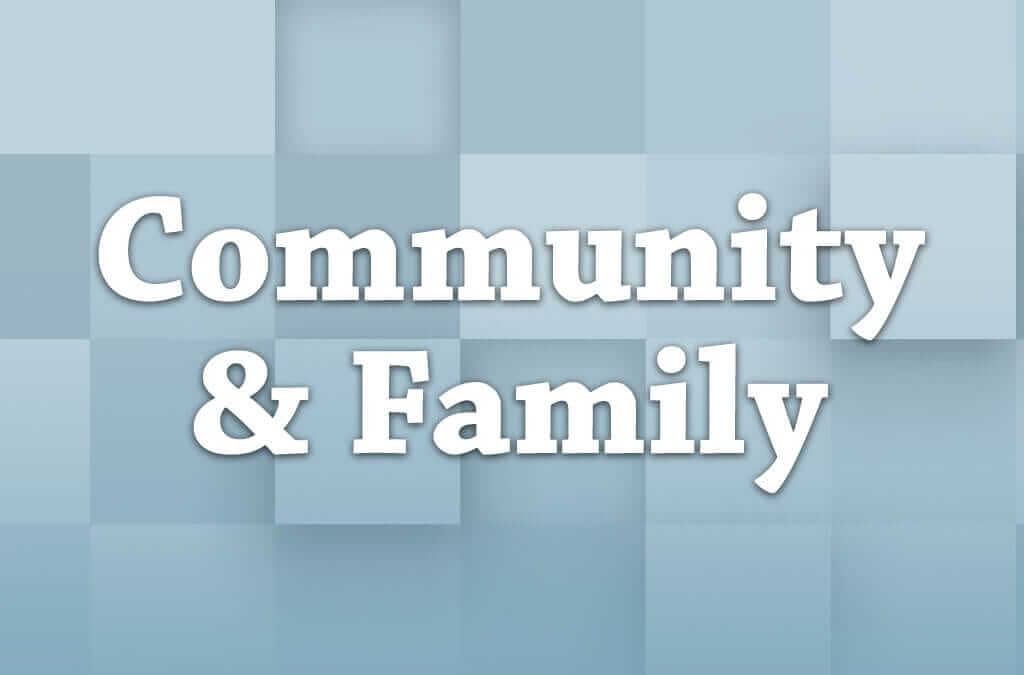Getting accepted by a college is only the first step in a very long and expensive process, and if parents and students aren't prepared for the rigors they could make some very serious financial mistakes. Keeping track of credit card balances, limiting spending and learning how to get by are essential tasks not only for young people but also their parents, but funding education itself is almost always the most difficult and costly part of all.
How much money
One of the things parents and students are prone to doing is getting a student loan in the biggest amount they possibly can. This might either be to have extra money immediately or to ensure they won't run short on school payments and be left with no other option than to get a second loan. Time Magazine wrote that it's important to remember students may be compelled to spend money on non-educational materials if given a substantial amount of funding, and if they don't have a mind for financial planning, they could be in need of more cash with no way to get it.
Where do I get it
It's important to remember for that reason that schools offer assistance to those who need it based on qualifications. The Sacramento Bee wrote that financial services through a school are one of the best resources a family can tap into when trying to raise money for tuition and books. These offices also provide students with resources and financial advice on how to manage money and get through living alone for the first time.
Private loan companies also offer a plethora of options, so be careful which you select. Look for low rates and a deferred repayment option so the option of waiting until after a degree program is completed for payback is there, unless you're able to make payments in the interim.
How to manage
Open an account and set up mobile banking so students can see their balance right from their phone. A constant awareness of finances can help them spend less, WKTV reported, and it makes them feel a stronger connection to their money. Special accounts exist at some banks for college-age customers, providing lower or no minimum balance, often waiving fees and service charges as well.

